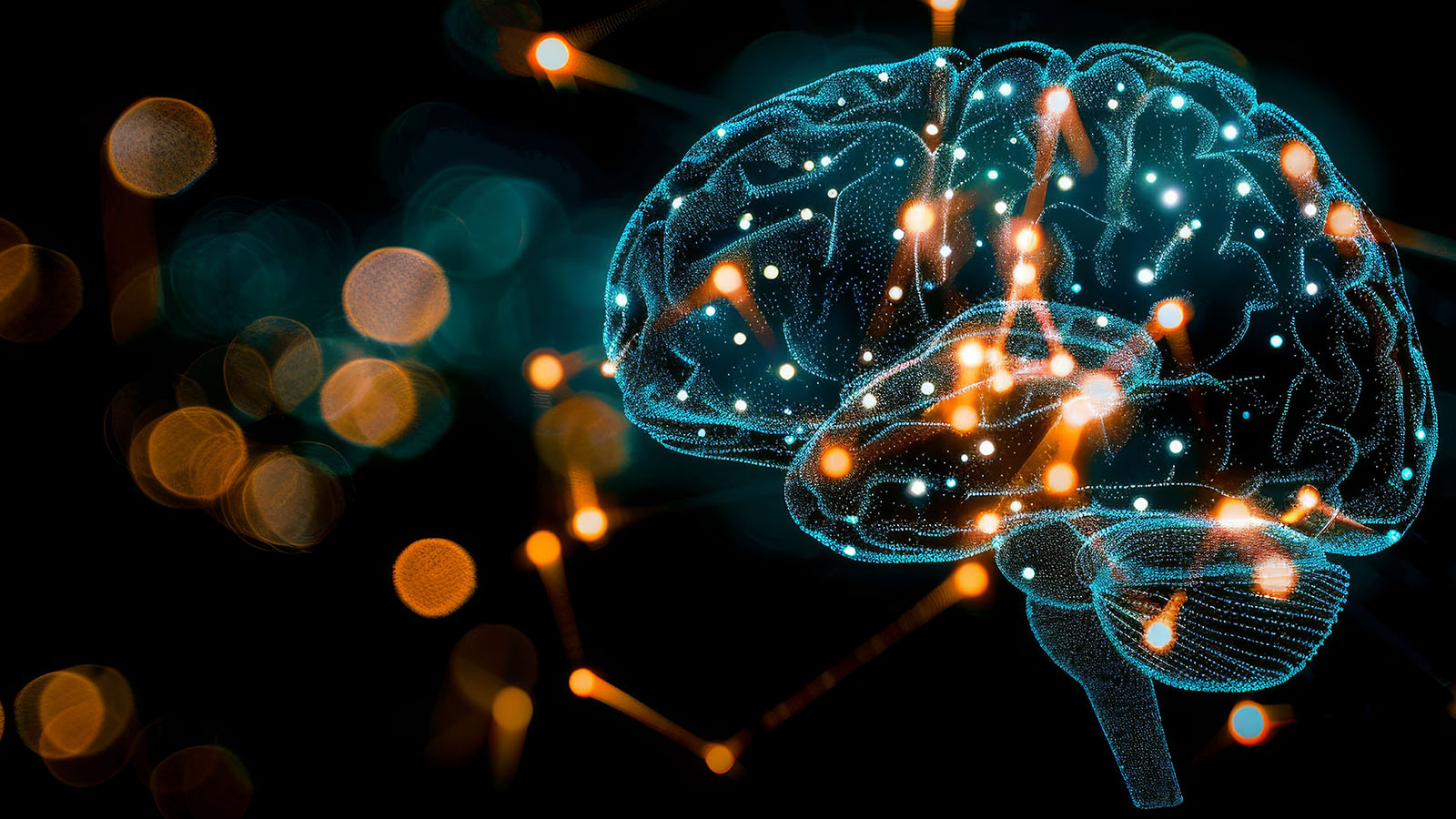
The brain is made up of numerous types of cells that are organized into different structures and regions.
Although several important steps have been made toward building models of the human brain, these advances have not produced the undistorted 3D images of cellular architecture needed to build accurate and detailed models.
In new research, led by Fischl, a team led by investigators at Massachusetts General Hospital (MGH), has overcome this challenge to offer scientists and clinicians a comprehensive cellular atlas of a part of the human brain known as Broca’s area, with detailed resolution to study brain function and health.
By combining different sophisticated imaging techniques—including magnetic resonance imaging, optical coherence tomography, and light-sheet fluorescence microscopy—the researchers were able to overcome the limitations associated with any single method to create a high-resolution cell census atlas of a specific region of the human cerebral cortex, or the outer layer of the brain’s surface.
For high-speed postprocessing, data saved on a local server were automatically uploaded to the Boston University Shared Computing Cluster (SCC), a high-performance computing resource located at the MGHPCC. Once data collection was complete, a parallelized postprocessing script was executed on SCC, which included distortion correction, volume stitching, and a variety of feature extraction algorithms.
Most recently, the project has extended into the human brainstem and is now also getting measures of axonal orientation that are helping the team compute connectivity in the brain.